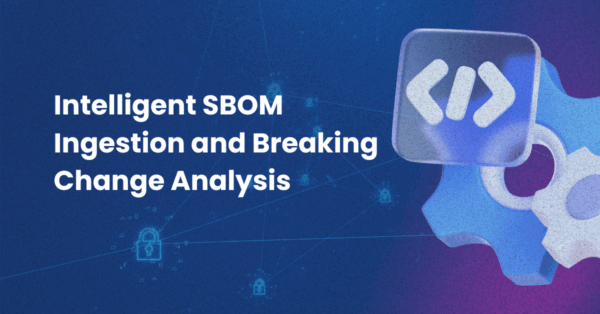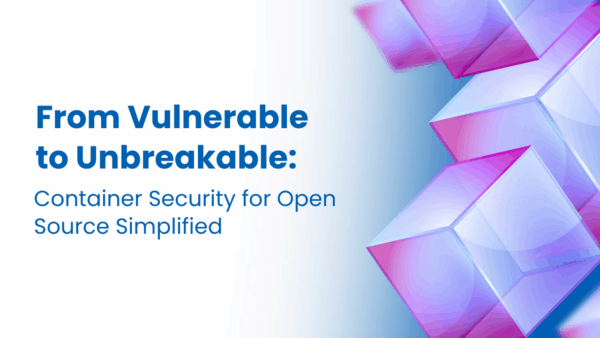VANCOUVER, British Columbia – January 11, 2007 – This release includes over 100 bug fixes to Beta 3 and some new features. Our current plans are to have a final release in the very near future; this is the final beta for Komodo 4.0.
You can download Komodo 4.0 Beta 4 at: https://www.activestate.com//komodo-ide/downloads.
Note that this build is of beta quality and hence not recommended for full daily use.
New in Komodo 4.0 Beta 4
- Go to definition: Right-click on a method or variable, and go to where it is defined. This is currently does not work with standard library data and with API catalogs, just with your own code and site libraries.
- Vi visual mode
- Perl completion (some areas will be completed for final release)
- Ruby on Rails "peer" module completion
- JS completion now shows completion for files in same directory or for directories defined in global preferences
- PHP completion now shows completion for directories defined in global preferences, as well as those defined in php.ini
- Improved user experience when debugging JavaScript
Notable Bug Fixes in Komodo 4.0 Beta 4
- Remote files: Connections now timeout properly
- Remote files: Support added for working with remote files with a different encoding
- PHP XDebug extension updated (includes crash bug fixes)
- Perl debugging over iterators now works correctly
- Preference added for PHP commenting type
- Tab ordering restores on startup
- Window size/maximize restores on startup
- PDK extension fixes and support for recent Perl Dev Kit beta added
- PHP completion has partial support for use of CONSTANTS in include/require statements
- Various Vi fixes
New in Komodo 4.0 Beta
There are so many new and exciting features, we hardly know how to list them all! In no particular order, here's a preview:
- Vi Emulation: Modal keybindings which emulate the navigation, text insertion and command behavior of Vi. Custom commands can be implemented by adding Komodo macros to a Vi Commands Toolbox folder.
- HTTP Inspector: An interface for examining HTTP requests and responses as they happen. It runs a local proxy which intercepts HTTP traffic and records each transaction, which can then be viewed. The Inspector can break on a request or response, which can then be edited and submitted or re-submitted in its modified form.
- SFTP and SCP: Komodo now supports access to remote files via SFTP and SCP. Saved password information for all remote servers is stored securely in Mozilla's native password manager, or you can use a key agent to manage your secure authentications.
- JavaScript Debugging: Komodo now offers JavaScript debugging using the Firefox web browser and the JavaScript DBGP extension. With the extension enabled, loading JavaScript or triggering JavaScript controls in the browser window opens a debugging session in Komodo, which loads the relevant JavaScript code.
- JavaScript Interactive Shell: An interactive shell for manipulating JavaScript code is now available within JavaScript debugging sessions. This shell is similar in functionality to the other interactive shells in Komodo.
- Redesigned Code Intelligence backend: Reimplementation of PHP, Python, Perl, Ruby, JavaScript, XML and CSS Code Intelligence support. The Code Intelligence system is the backend for many of Komodo's features, such as autocomplete, calltips, and the code browser.
- PHP "Zero Configuration": It has no user interface, and you will never see it do anything, but it will make debugging PHP with Komodo easier than ever before!
- Live Folders: Komodo projects now offer Live Folders which display current filesystem contents. Live folders also provide some basic file management, including the ability to show the current file or folder in your regular file manager. The previous folder behavior is still available; these folders are now referred to as "Virtual Folders" in the documentation.
- Live Import: Projects can now automatically act as a Live Folder, importing, displaying and updating the contents of the base directory specified when it is created. Project-specific Directory Import preferences define which files adirectories to include. New projects use Live Import by default.
- Project Settings: Many new settings are available for project-specific tasks, such as include paths for various languages and debugging settings.
- XML/HTML Autocomplete and CallTips: Komodo now supports AutoComplete and CallTips support for XML and HTML based on DTD or RelaxNG Schema. SGML and XML Catalogs are supported.
- DOM Viewer: A new tab in the Project Pane (left) shows the DOM structure of XML and HTML documents in a tree view. Double-clicking on a node in the DOM Viewer moves the cursor to the corresponding node in the document.
- Help Browser: Komodo now uses Mozilla's help browser for displaying Komodo help.
- User-Defined Languages: Komodo 4 introduces a system for adding custom language support called UDL (User-Defined Languages) which allows Komodo to properly syntax-color multi-language files and templated files common in many web programming frameworks. We use UDL to provide better support for RHTML, Template-Toolkit, HTML-Mason, Smarty, Django and Luddite (the language used to develop new UDL).
- Project Templates: Projects templates can be created and used when creating a new project. They are a great way to add new functionality for project-specific needs, such as rsync, Rails, and more.
- SCC History: A new option has been added to the Source Control menu which displays the revision history of a file. You can compare (diff) two selected revisions from the list, or select one and compare it to the local copy.
- XPI Extension Support: Komodo supports the installation of extensions using the same technologies that Firefox uses. A short FAQ that describes the creation of a simple "Hello World" extension is at https://community.www.activestate.com.
Licensing
Komodo 4.0 Beta 4 has a built-in license. It can be installed alongside Komodo 3.x installations, however previous Komodo 4.0 Alpha/Beta installations should be removed.
Download Komodo 4.0 Beta 1 now.
The Komodo Team
ActiveState





